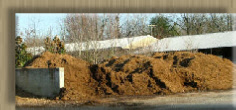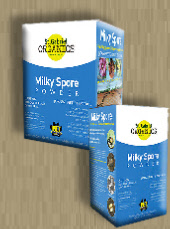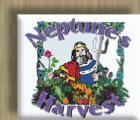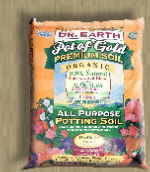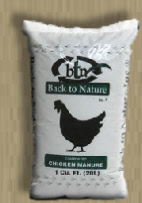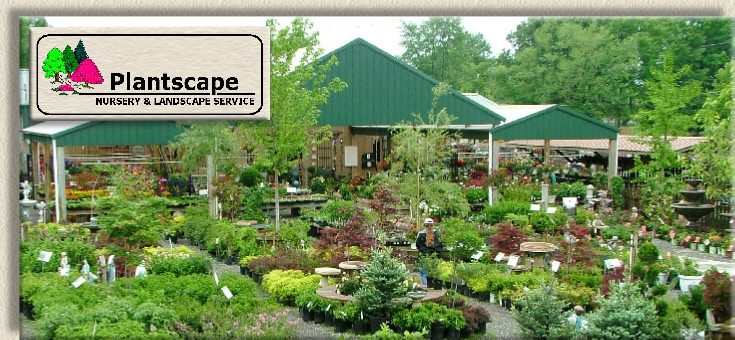
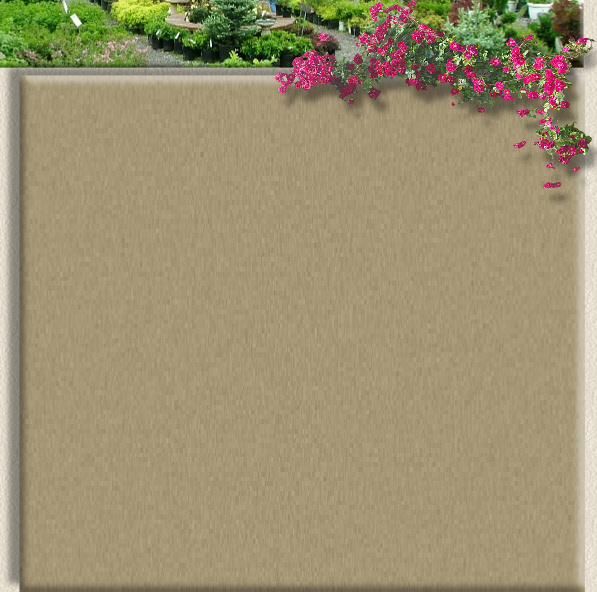

•Use drip irrigation or soaker hoses to water plants and gardens instead of sprinklers for less water loss due to evaporation.
•Set up a rain gauge to record weekly rainfall and water plants only when they need it. Plants need 1 inch of rain per week for good growth.
•Mulch beds to help retain soil moisture and prevent weeds. Use cardboard or layers of newspaper under bark mulch or leaves to create new gardens or beds.
•Set up a rain barrel to collect rain water for watering plants.
•Plant a rain garden to help retain water in the soil and prevent runoff.
•Reduce the size of your lawn by planting some of it with shrubs or drought tolerant perennials.
•Pull weeds by hand which is often more effective and less damaging than resorting to chemical sprays.
•Leave grass clippings on the lawn for added nutrients and organic matter. Use a mulching lawn mower so lawn clippings don’t have to be collected or add clippings to your compost pile.
•Don’t bag leaves and send to a landfill. Instead, compost them or chop them with a mower and use for mulch in gardens. If your yard has no place for a compost pile, develop a yard waste recycling program in your neighborhood.
•Promote diversity in your yard and garden by planting native plants and a wider variety of plants which can provide habitats for beneficial insects and reduce damage from diseases. This also helps to preserve genetic diversity.
•Plant trees to help shade and cool your home in the summer to reduce energy costs.
•Plant a windbreak to reduce winter heating bills.
•Minor insect damage in your yard and garden is natural and will actually work to
increase the number of beneficial insects. Learn to distinguish the good from the
bad! Spray only with safe eco-
•Tolerate low levels of weeds in your lawn and develop a strong, healthy lawn that can out compete the weeds.
Things You Can Do In Your Garden and Landscape To Help the Environment
Green Gardening
What does it mean to be "Green" or "Sustainable"?
Going Green involves practices and product choices that conserve energy, water, and other limited natural resources. Going Green reduces waste through reuse, recycling, composting, and more! Sustainable living places great value on meeting the needs of the current generation without compromising the ability of future generations to live happy, healthy, and successful lives.
Missouri Botanical Garden
What better place to start? Focusing on gardening, America’s most popular outdoor
activity, gives us an opportunity to take small steps to make significant changes
in our environment.
We at Plantscape have long provided and encouraged environmentally
safe products and practices. Being passionate about plants, nature, and the environment,
we hope to help you achieve positive gardening experiences by using healthy natural
products; reducing chemical use in the garden, landscape, and home; encouraging wildlife;
planting native plants; growing more shrubs, trees, perennials, and fruits; replacing
boulevards with habitat gardens; conserving and harvesting water; composting, reusing
and recycling.

Organic Products Available at Plantscape
Insecticides
B.t. (bacteria Bacillus thuringiensis) controls caterpillars of all
types
Milky Spore (bacteria Bacilllus popilliae) controls Japanese beetle grubs
Diatomaceous Earth (Crawling Insect dust) – made from fossilized shell algae (diatoms),
controls slugs, crawling soft-
Spinosad
– new class of biological control – bacteria controls caterpillars Horticultural
Oil-
Insecticidal Soap-
Neem Oil – from the fruits
and seeds of the neem tree; insecticide, miticide, and fungicide
Pyrethrins-
Fungicides
Horticultural Oil (used with Baking Soda)
Liquid Copper
Sulfur
Neem oil
Herbicides (Weed Killers)
Corn gluten – natural preventative
Clove oil –
Burn Out
Organic Fertilizers
Bonemeal -
Bloodmeal -
Cottonseedmeal
– nitrogen; creates acid condition
Greensand -
Rock Phosphate –
phosphorus
Kelp meal – Potassium, nitrogen, minerals, and micronutrients
Bat
Guano – phosphorus and nitrogen
Natural Guard Organic Fertilizer -
Fish emulsion
Neptune’s Harvest Fish and Seaweed
fertilizer, Crabshell meal
Liquid Seaweed (Kelp) fertilizer
Limestone – calcium
carbonate; raises pH
Gypsum – calcium sulphate; breaks clay particles apart for
better drainage Espoma Organic Fertilizers
Soil Amendments
Bulk Compost
Cotton Burr Compost
Composted Chicken Manure
Composted
Cattle Manure
Mushroom Compost
Compost and Manure
Organic Planting Mix
containing worm castings, kelp meal, and bonemeal
Coir potting mix
Peat moss
Earthworm
Castings
Dr. Earth Organic Potting Mix
Baccto Organic Potting Mix
Natural
Guard Organic Potting Mix
Ocean Forest Organic Potting Mix
